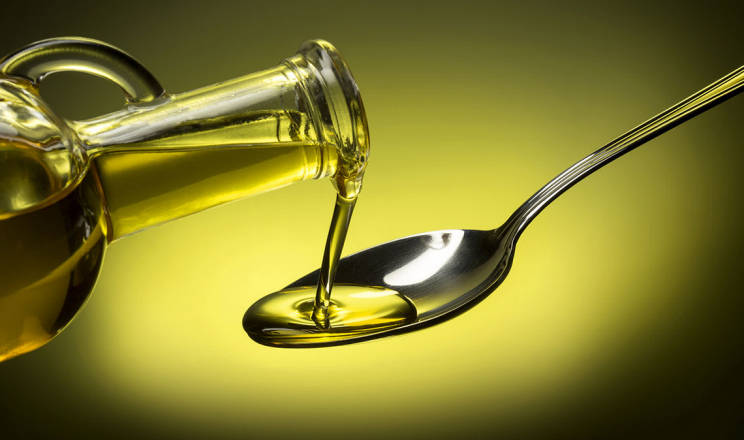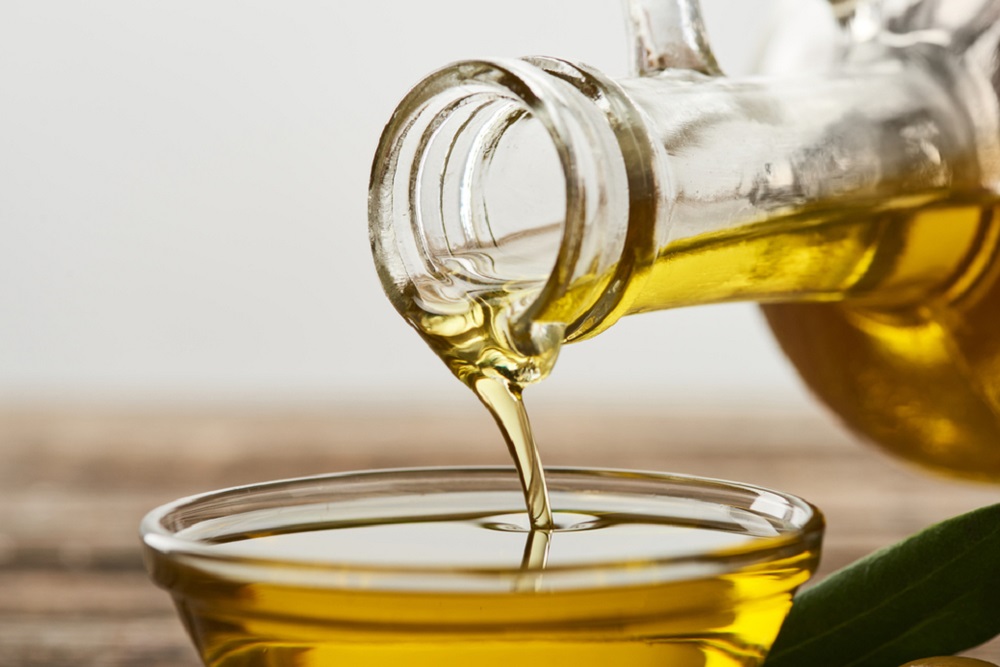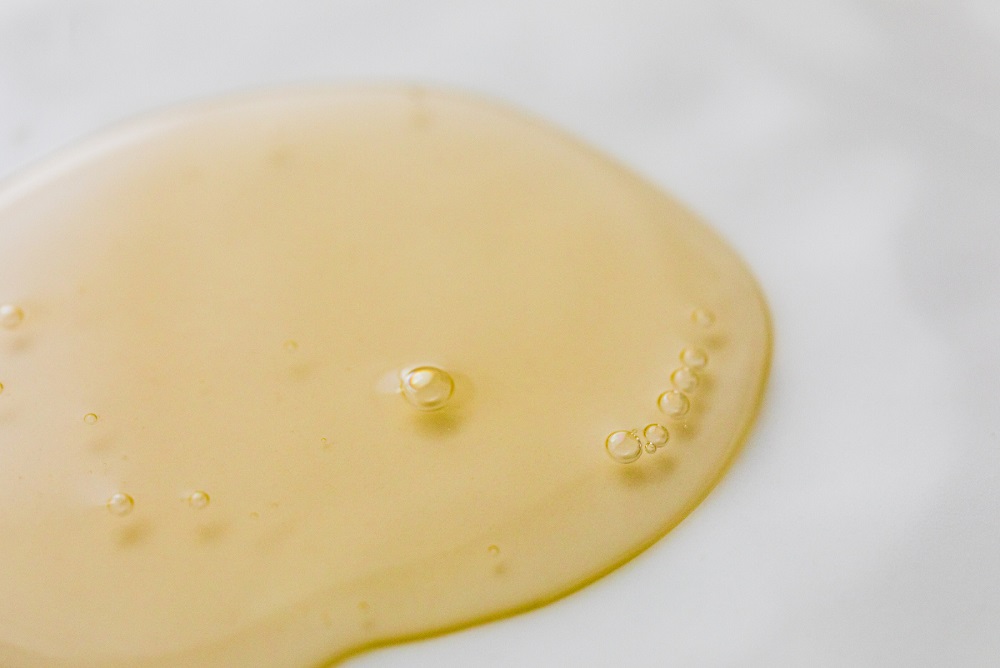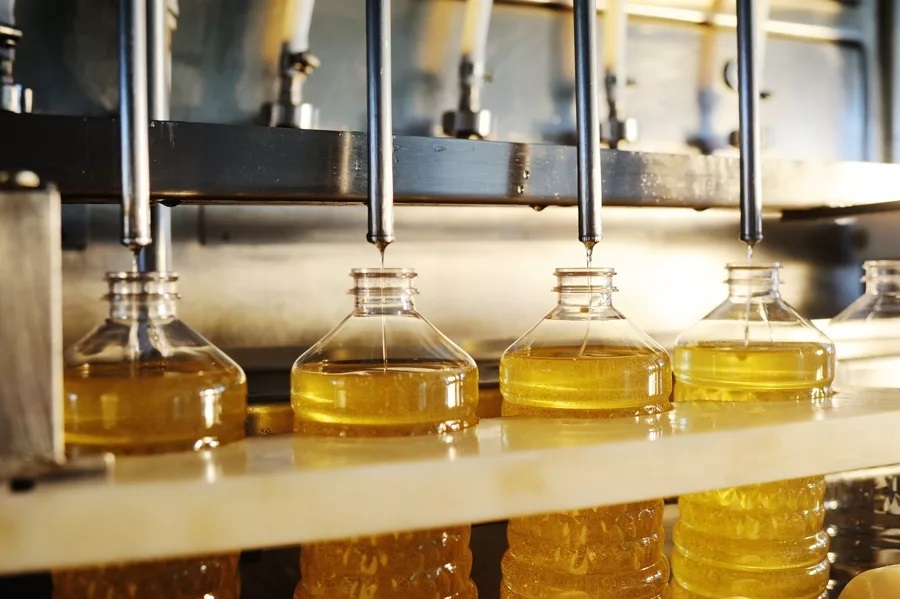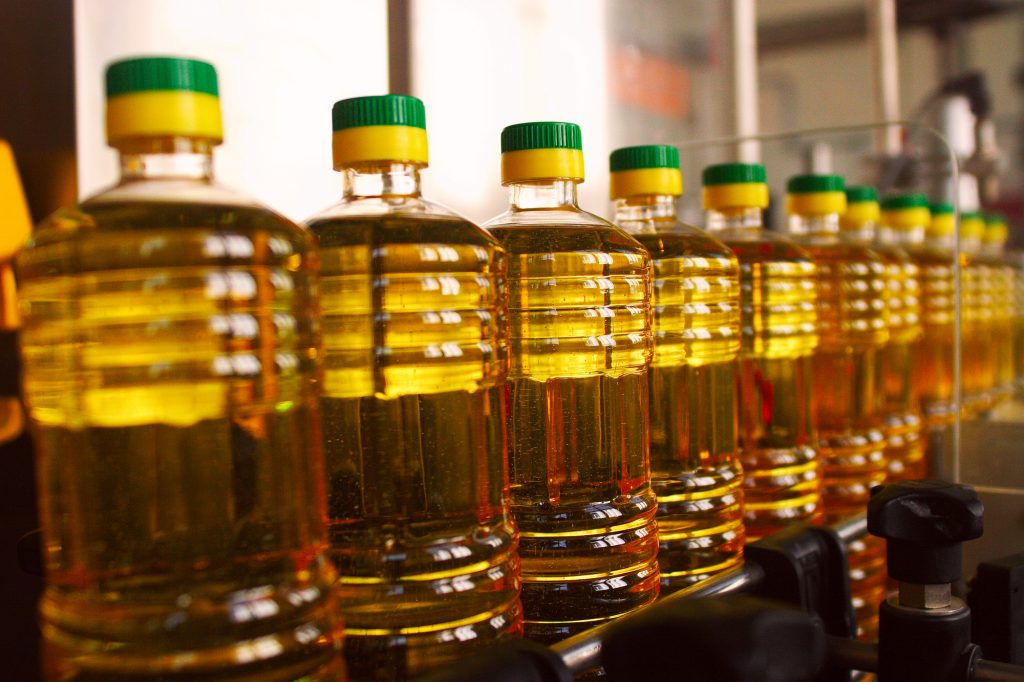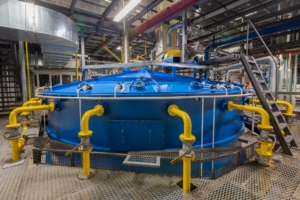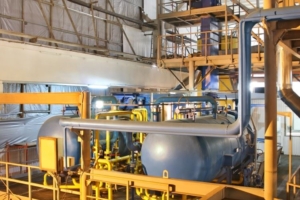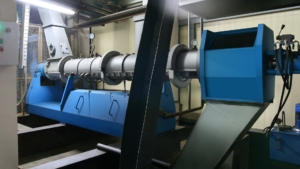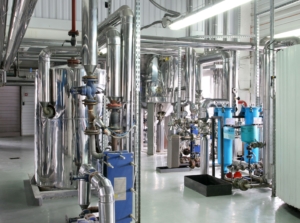Sunflower oil refining technologies: how to improve its quality and shelf life
Content[ hide ]
- What is oil refining?
- Advantages of sunflower oil refining
- Main stages of sunflower oil refining
- The process of water degumming
- The process of neutralization
- The process of bleaching
- The process of winterization
- Deodorization process
- New technologies in oil refining
- Methods of oil quality improvement
- Monitoring and quality control

